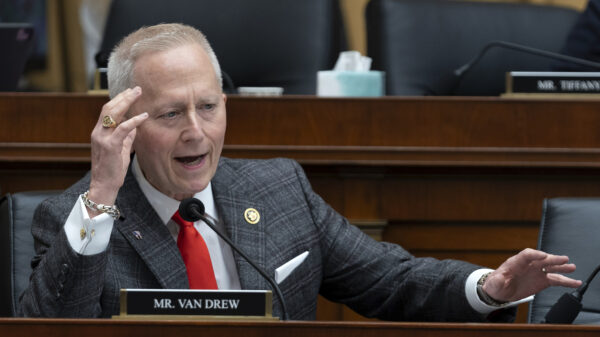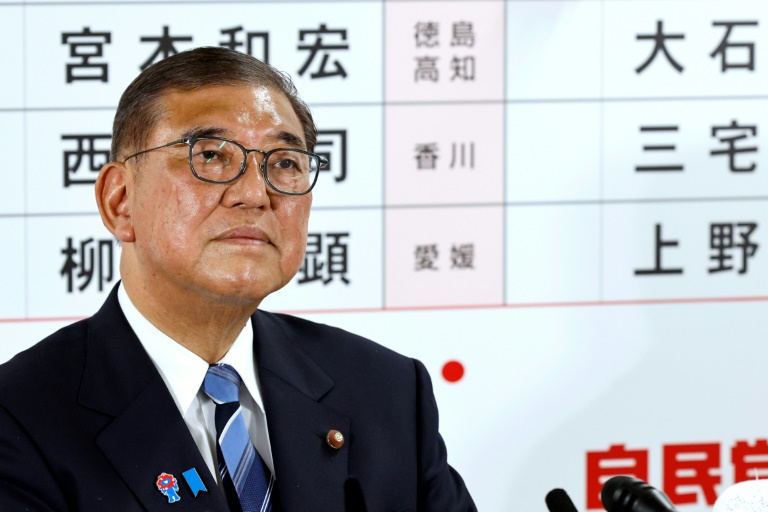BREAKING: Shigeru Ishiba has just announced his resignation as Japan’s Prime Minister following a devastating electoral defeat for the ruling Liberal Democratic Party (LDP). The 68-year-old leader stepped down today, responding to intense pressure from party members after the LDP’s poor performance in both the July 2024 upper house elections and earlier lower house elections.
Ishiba, who became Prime Minister in September 2024 after five attempts, stated that he would “make way for the next generation” as his government faced plummeting popularity and accusations of mismanagement. His swift resignation marks a significant shake-up in Japan’s political landscape, with the LDP struggling to maintain its influence since it has dominated Japanese politics since 1955.
The recent election results were catastrophic for the LDP, which suffered its worst showing in 15 years. This setback forced the party to negotiate with opposition groups for legislative support, a dramatic shift from its previous commanding majority. Voter dissatisfaction, particularly regarding rising prices and inflation—especially for staples like rice, which has doubled in price—has fueled public discontent.
Amid these challenges, Ishiba’s government also faced criticism for its lack of diversity, appointing only two women to his cabinet compared to five under former Prime Minister Fumio Kishida. Social media erupted with memes about Ishiba’s personal quirks, including his table manners and public behavior, further complicating his leadership image.
The resignation comes at a particularly turbulent time as Ishiba had promised to address Japan’s “quiet emergency” regarding its declining population and revitalization of rural areas. His ambitious plans were overshadowed by electoral failures and diminishing public approval ratings.
As the LDP braces for a leadership election, Ishiba’s departure could lead to further instability within the party and the government. The next steps involve selecting a new leader who can restore confidence and address pressing national issues, including international relations, particularly with the United States.
Ishiba did manage to secure a reduction in auto tariffs with U.S. President Donald Trump, a rare bright spot in his administration. However, the fallout from his resignation raises questions about the future direction of Japan’s governance and the LDP’s ability to recover from this political crisis.
Stay tuned for updates on this developing story as Japan navigates a new chapter in its leadership dynamics.








































































